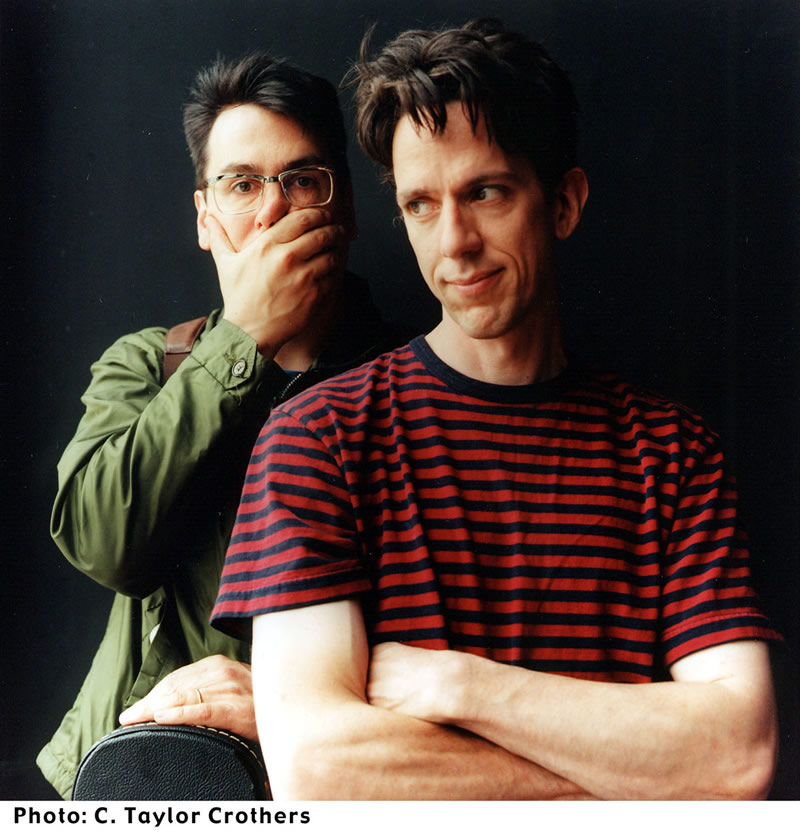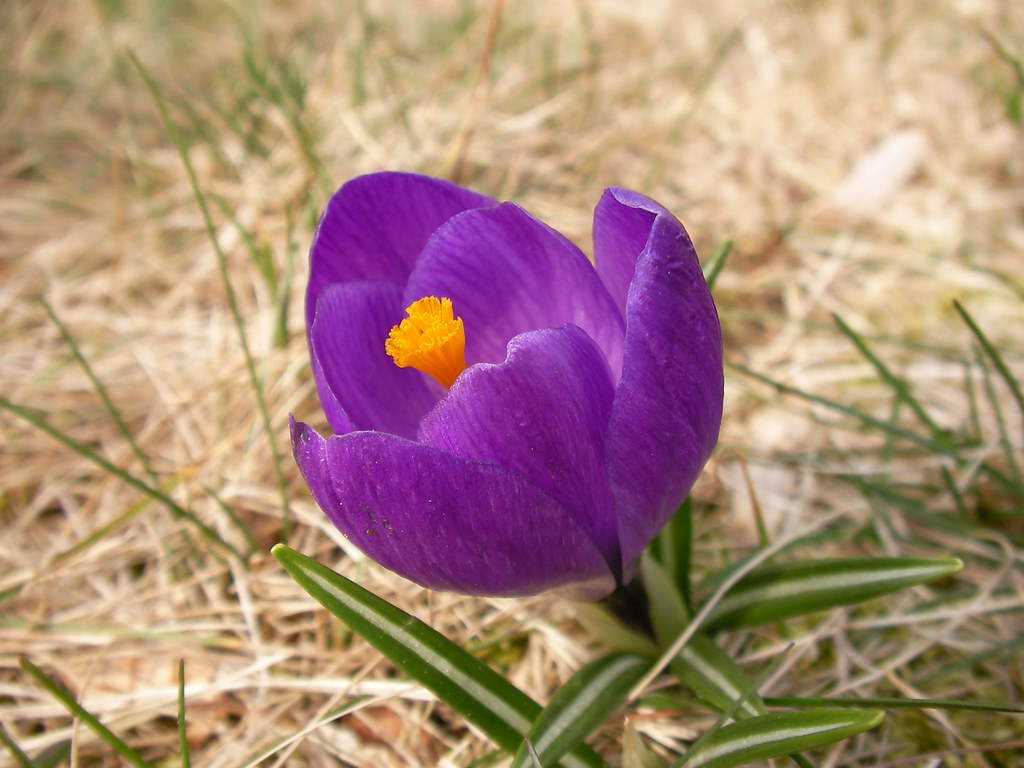A little essay off the topic of the lastest posts.
1200-1400 C.E.
The High Middle Ages
An essay by Noah Bulgaria
With help from the Timeline of World History, by John B. Teeple
Contents:
• Mongols
• Expansion of Islam
• Japan and Ming China
• Trade and Plague
• Ottomans
• Empires in the Americas
• Venice
• Universities
Essay:
Mongols:
In the 13th century, Eurasia witnessed the phenomenon of the Mongol's
invasions. Led by Genghis Khan, these nomadic tribes brought
under their control much of Asia, including the entire Silk Road,
parts of Tibet and China, and Muslim states. All was done with such
speed that it has never been matched in the history of the world. The
Khwarizm and Jin (which included the chief city of Beijing) empires
were destroyed by Khan's son, Ogodei, while invading Poland, Hungary,
and Song China concurrently. Meanwhile, Genghis' other son, Hulegu,
sacked the Islamic powerhouse, Baghdad, when he destroyed the Abbasid
Caliphate in 1258. Kublai Khan defeated Song China only eleven years
after the sacking of Baghdad. Kublai then went on to become the
emperor of China. The two attempted invasions of Japan resulted in
failure when their fleet was struck by gales, kamikaze, or "divine
wind". The Mongols were unable to invade Egyptian land when the
Malmuks defeated them in 1260.
Mongol rule extended from west of Kiev to Korea by 1294. During that
time, the Mongols territory had split into four khanates. One of the
khanates, the Empire of the Great Khan, included the majority of land
and practically the entire eastern half. However, as the Mongol empire
quickly diminished, they left no impact in the Chinese and Islamic
cultural structures, and life continued normally.
Expansion of Islam:
During the period, the Islam's vigorous expansion continued despite
the damages suffered at the hands of the Mongols. In 1206, the
sultanate of Delhi was founded in the Indian subcontinent, and by 1335
it controlled most of India. Along the east coast of Africa, Islamic
city-states appeared, using the Indian Ocean's trading links to their
greatest extent. Islam did not appear in southern and central Africa,
though trading led to creating central states such as the Great Zimbabwe.
Japan and Ming China:
Until 1333, under the severe sovereignty of the Kamakura Shogunate,
Japan was a witness to damaging war between warlords for over 100
years. China, on the other hand, was under the control of united
dynasty, native to China, for over four hundred years. The Ming
dynasty was formed in 1368 after decades of violence, floods, famine,
and plague under the Mongol rule.
Trade and Plague:
In spite damages suffered, the Mongol empire brought back major trade
and contact between the west and the east for the first time since
907. This contact allowed for brave travels and journeys including the
ones of Ibn Battuta, a Muslim scholar, and the Venetian, Marco Polo.
Despite the positive consequences, this extensive contact and trade
also brought rats carrying bubonic plague across the Old World. Around
the Eurasia mass amounts of people were dying and economies plummeted.
In Europe, an area particularly affected, called it the "Black
Plague". During that time, the climate changed, making what people
called the "Little Ice Age", which also weakened the economy. Also,
there were massive struggles for power in Italy, France, Germany, and
England, countries greatly affected by the "Black Plague". By 1347,
Europe had lost a third of their population, after only two years of
the Plague.
Ottomans:
Founded in circa 1300 by Osmal 1, the Turkish Ottoman Empire, posed
yet another threat to the security of Europe. Over the next hundred
years, they formed a dominant empire reaching from Anatolia to the
Balkans. Their power briefly diminished in 1402 when they were
defeated by Timur and their emperor was captured. Even so, the
Ottomans quickly regained their power in the mid-fifteenth century and
again became a formidable enemy.
Empires in the Americas:
During this time, hidden to those of the Old World, two other major
civilizations thrived on the other side of the world. In the Andes,
the Incas created a highly refined economic system, and in the Central
America, the Aztec empire was built with a rich mythology.
Venice:
Ruled using an oligarchy system, the trade-rich republic of Venice,
prospered in the time of the Crusades. The Venetians held many wealthy
trading routes during the time and flourished. A fierce rival with its
nautical neighbors (Genoa, Pisa, and Amalfi), Venice defeated Genoa in
1353, becoming the most powerful empire in the eastern Mediterranean.
Even so, their trading power was eventually lost to the Ottoman's
empire.
Universities:
During the twelfth century, people realized the importance of
non-religious education. All the classes and lessons were spoken in
the general tongue of Medieval Europe, Latin. The first European
universities were founded in Oxford, Bologna, and Paris. Afterward,
many more universities were being founded. From 1000 to 1350 C.E.,
thirty-one European universities were established, many who went on
to become a national symbol.













